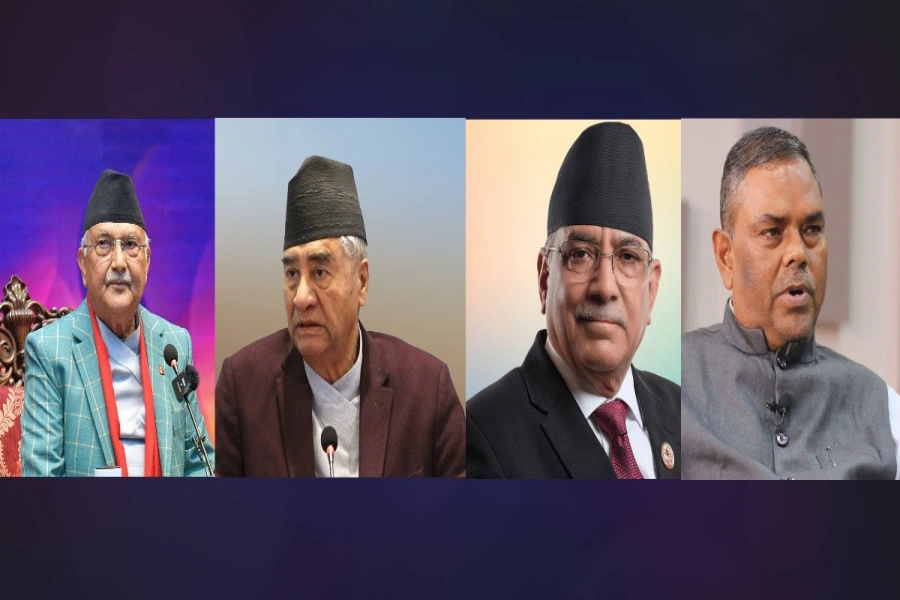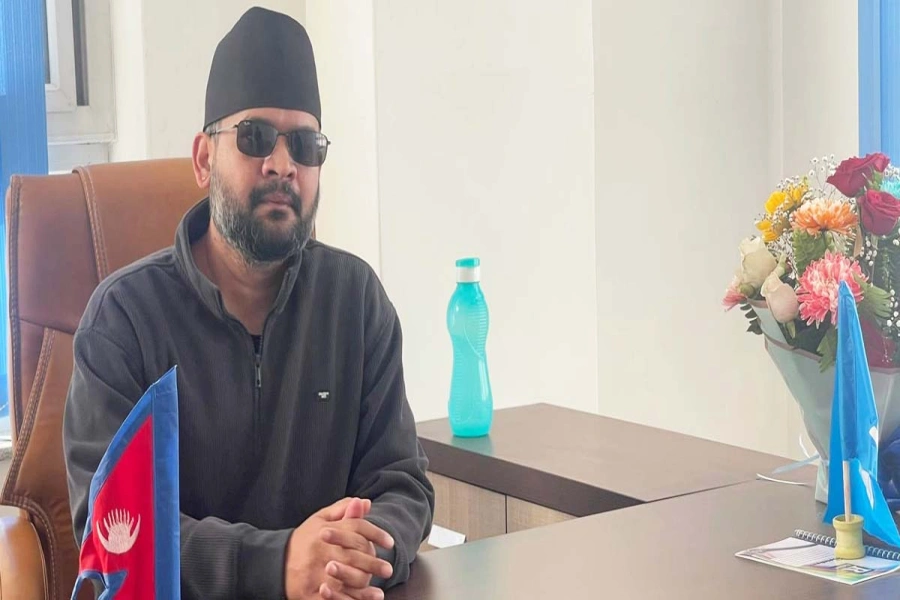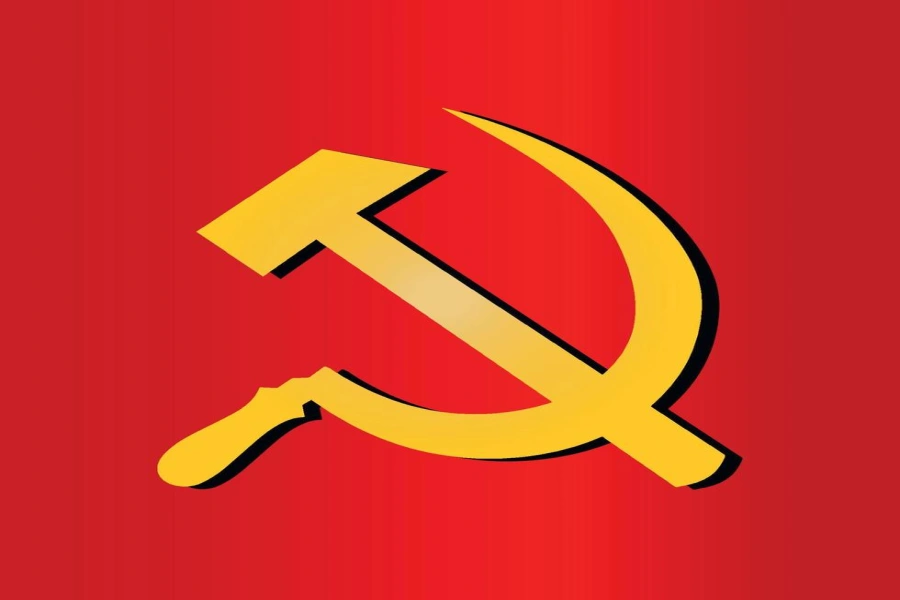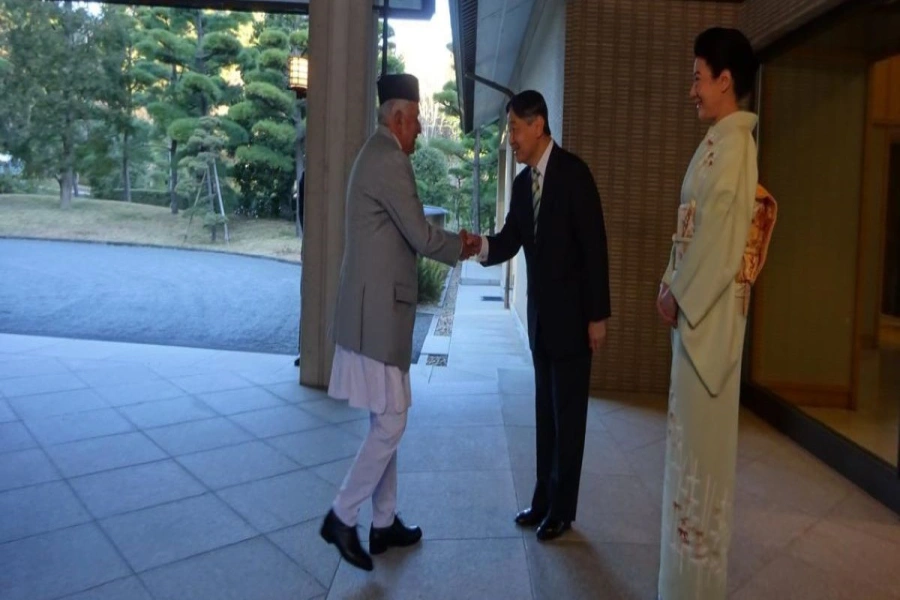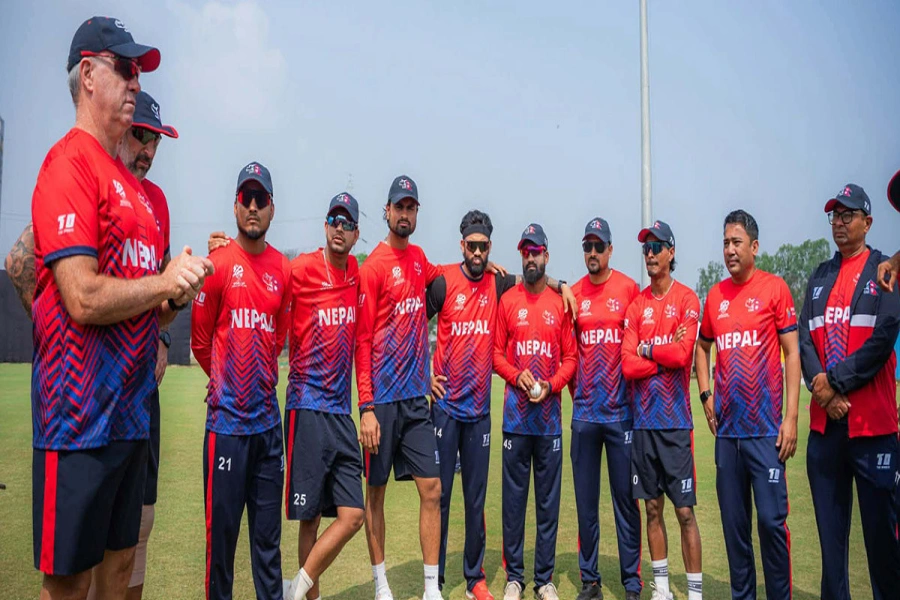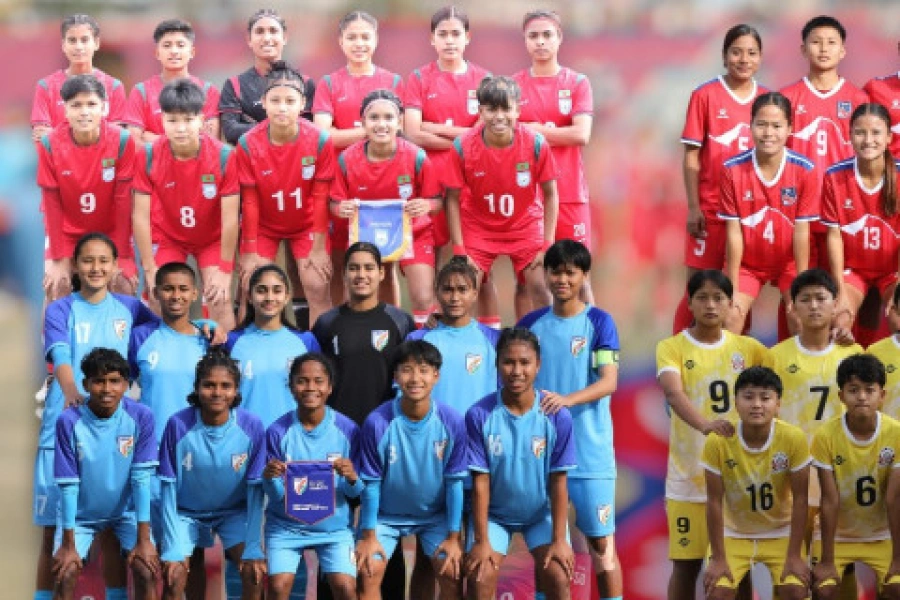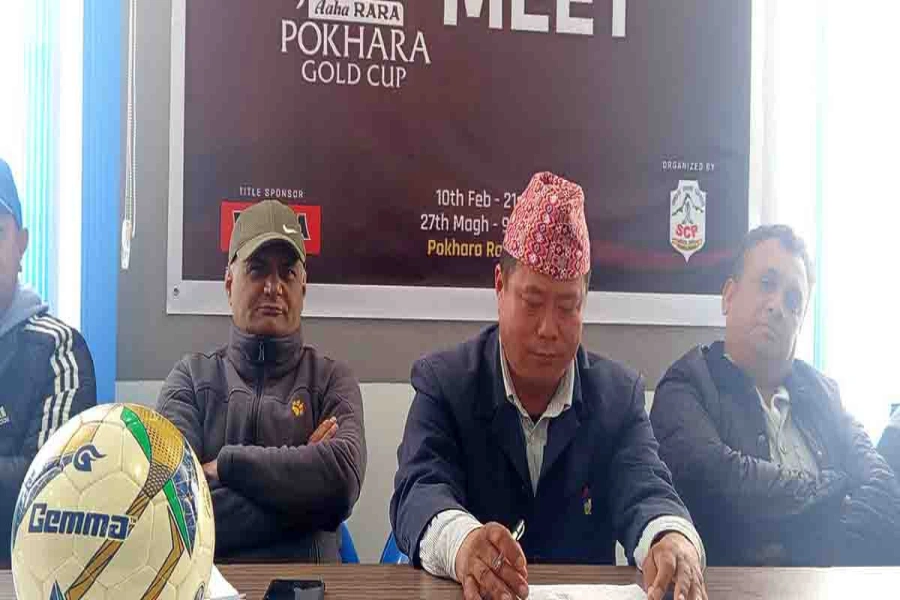Anil Keshary Shah is the Deputy CEO of Nabil Bank Ltd. The bank had decided to appoint him to the post of CEO on December 28 last year. It later cancelled the decision after the Nepal Rastra Bank (NRB) issued a directive on the same day, fixing a six-month cooling off period for a CEO to join another bank on the same capacity. The bank later hired him as the deputy CEO. Sagar Ghimire of Republica recently talked with Shah about the cooling-off period, challenge of the banking sector and the recently launched mid-term review of monetary policy. Excerpts:
You become the deputy CEO of Nabil Bank after your appointment as the CEO could not move ahead due to cooling off period introduced by the central bank. Isn't your appointment an example of regulatory arbitrage?
The contract for the appointment was already signed. Nabil Bank's board meeting approved the agreement few days after signing it and sent the notification to the NRB and the stock exchange [company]. It just so happened that on the same day the NRB also passed a directive to implement the six-month cooling off period. Then again, in conversation with my board and others, it was felt that the new rule does not apply to us as it was signed before the directive was issued. I talked with regulators and asked them whether it applies to me or not since I do not want to do things that is against the regulation. But, I did not get clear answer. So I told my board that we should maintain a level of transparency and I don't think I can join as the CEO since no one can tell me whether it's applicable to me or not. Then, they told me why you don't come as the deputy CEO. The board told me that the CEO is already leaving and they have to fill the gap with somebody and they can talk about offering the CEO after the cooling off period is over. It was not an easy decision for me to make and come as the deputy CEO. Again, I thought that wherever I go, it is to work, to deliver and to add value. I took few opinions from the regulators and others whether deputy CEO was okay. All the opinions were that the directive clearly says that the cooling off period is only for the CEO.
Isn't the decision of joining as the deputy CEO against the spirit and purpose of the central bank's directive?
Lending slows as banks focus on recovery of loans at fiscal yea...

I trust the NRB knows what they are doing. If they did not want us to work at all, they would have put it in the circular. It says only 'No CEO'. Second, if my board that I came from or the bank where I am coming had any problem, it would have been a different case. I have not circumvented any directive of the NRB. I am in line with what the NRB said. If I had said that I will move on as the CEO as my contract was signed before the directive, it would not have been the right thing to do. We are not only the CEOs, but the people that a lot of others in the banking sector and private sector look up us as transparent professionals who follow higher level of governance. My conscience is clear of what I have done. For me, I need room to work, add value and deliver. Nabil Bank gave me such opportunity so I am here. Does that mean you are for sure to become the CEO after six months? I don't know. There is no hidden agreement. The agreement I had signed for the CEO has been null and void and the central bank has been notified of that. I came as the deputy CEO. If I performed and if there is value and the bank looks for the CEO, I could become the next CEO.
Did not you feel uncomfortable to accept the deputy CEO post which literally means a demotion for you?
I was not willing to go against the regulator because I believe that would have been a wrong precedent not only for me but for others who follow me as well. Then I thought within myself whether I can prove myself that I can be a good leader of this institution in the days ahead. If I had any misgivings that may be I won't be able to perform and stuck as the deputy CEO, I would not have taken this decision. I was the most senior Nepali staff at the Standard Chartered Bank when I joined Nabil as the second man. A lot of people were saying the same thing that you came to the second position from the joint venture bank. But, that proved to be the right decision as we made the Nabil No.1 bank. Then, I again moved to a bank that even did not have the operating license. Today, Mega Bank Ltd is a leader among bunch of banks that were opened at the same time. Now, my well-wishers are asking me why I am working as a deputy CEO and not joining other banks. But, that's not me. I work very hard and deliver the results at the end. So, I am confident that this decision will be the same as previous decisions.
Many complain that Nepali banks are becoming aggressive in investment because they care only profit. What do you say?
Let's be clear that all banks are here to make profit. But we are not here only to make profit. We have to make profit. If not, there is no one to bail us out. We are not like government-owned banks where taxpayers' money is poured to turn things around. We have to run the organization efficiently to make profit.
We want to make it clear that we are not here only to make profit. The financial sector contributes to the economy. The profit that we make and the dividends that we provide to our shareholders is nothing when compared to the impact that the financial sector has made to the economy.
But banks are reluctant to invest in productive sectors that help in capital formation, creating jobs and supporting economic growth.
The capital of Rs 8 billion in my bank is the promoters' money. Many times more than that capital is depositors' fund. We lend money in projects that we feel are viable which not only pay back the interests, but also the principal in due course of time. We are the trustees of our depositors' fund. Nabil Bank itself won't open 'Nabil Hydro', Nabil Hotel' or a 'Nabil Steel Plant'. Banks have a role to play in promoting productive sectors, but it's not the major role. How many big factories and five-star hotels have been set up in Nepal over the last years? Was it because the banks were not giving money? No. May be it's because there was no political stability, no power, a lot of labor issues and lack of infrastructure. There are government-owned banks. How much of their investment is in productive and unproductive sectors? The government has 100 percent control on two commercial banks. Why do not they stop all these and go for the productive sectors only? They won't do it because there is no business happening in the productive sector.
The decision to raise paid-up capital to Rs 8 billion has put pressure on banks to increase their investment for delivering returns. How will banks address this challenge?
The perception of shareholders, their desire and expectation for the returns has not changed much. Now with such high capital, it is not possible to deliver the return of that level. We have to manage the expectations of our shareholders. We need to manage some of the expectations of our shareholders. Many banks have to really scramble for the business and do whatever they can to give a decent return on the capital of Rs 8 billion that the shareholders have invested. At times, I also believe that some institutions are growing too fast. No bank survives by just vanilla banking.
But, there are concerns that banks are lending and the deposits are not growing. It is worrying. But, in a competitive era where you have given licenses to so many banks, such things are going to happen. And we had said that it would happen when the licenses were being issued. Now, we have raised the capital to Rs 8 billion. Fortunately or unfortunately, banks did not merge. They all became 8-billion-rupee bank which increased the problem four times. Servicing 2-billion-rupee capital was tough for new banks. Now you made it Rs 8 billion and you made it four times tougher. Obviously, in a competitive environment, this sort of unhealthy competitions does raise some concerns among all of us. Through Nepal Bankers' Association, we are trying to curtail and manage it to move in a cohesive manner.






